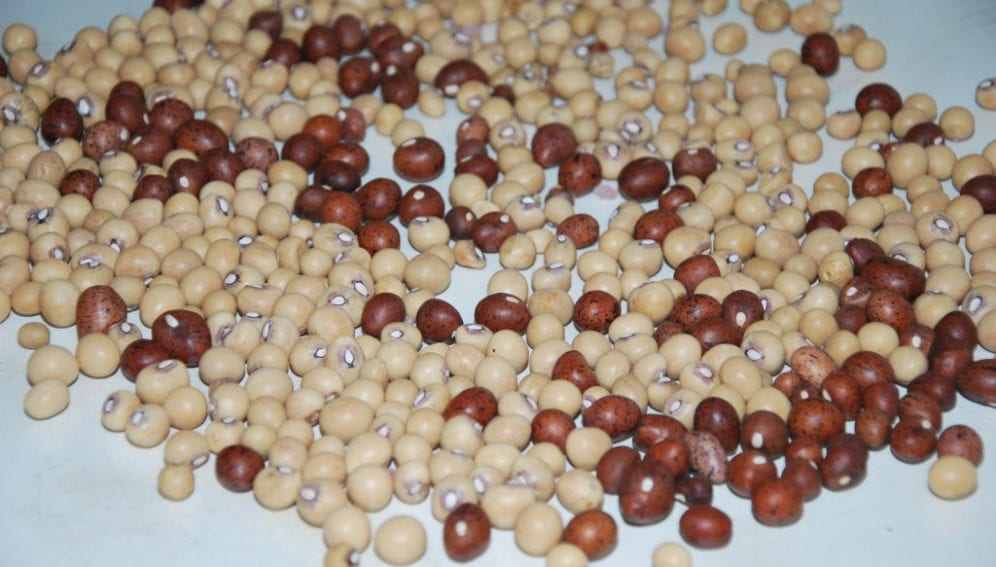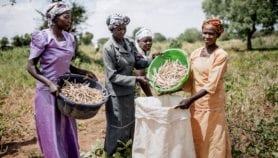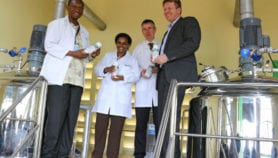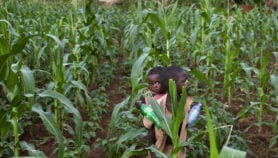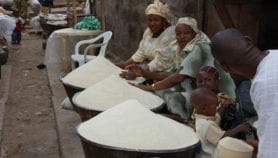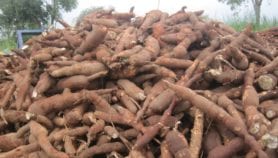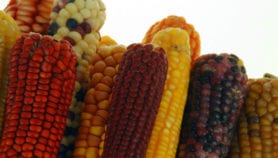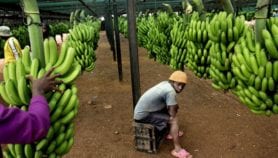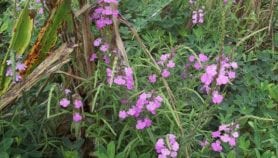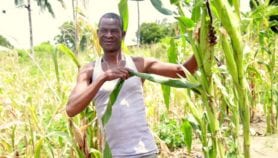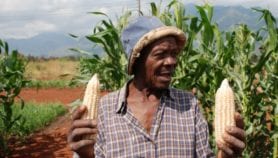Send to a friend
The details you provide on this page will not be used to send unsolicited email, and will not be sold to a 3rd party. See privacy policy.
[GABORONE, BOTSWANA] Scientists from Malaysia and Southern Africa — in a new research collaboration — are compiling a list of crops in both regions to develop them for food and non-food uses.
The first list is expected to be completed by November and from it priority crops for research will be selected.
The collaboration follows the signing of a Memorandum of Understanding on 21 June between the Centre for Coordination of Agricultural Research and Development for Southern Africa (CCARDESA), headquartered in Gaborone, Botswana, and Crops for the Future Research Centre, an international organisation based at the University of Nottingham Malaysia Campus, which undertakes research and development in underused crops.
The work is co-funded by the two organisations but they could not divulge details of how much money is being put into it.
Timothy Simalenga, executive director of CCARDESA, tells SciDev.Net that areas of cooperation include research on underused crops such as bambara groundnuts for food and non-food uses as well as bamboos and reeds — plants that grow in wet places that are used for making baskets, mats and garden chairs.
The agreement calls for agricultural technology development and transfer between Malaysia and Southern Africa, he adds.
They will also cooperate in biotechnology, the development of products and supply chains from underused crops, the promotion of sustainable agricultural practices and the development of underused crops to improve human and animal wellbeing.
"The collaboration has opened us to the international research arena," says Simalenga. "We can tap into their resources to benefit the Southern African Development Community [SADC]."
In the agreement the parties will, among other things, exchange research personnel, scientific experts and technical trainees; undertake joint planning and development of research proposals; and carry out joint research projects and programmes.
The Malaysian centre will offer scholarships to young students in the SADC region to study in the Asian country. The number of scholarships offered yearly may vary but all students will study courses with direct relevance to underutilised crops at postgraduate level.
Simalenga says the collaborative research and development projects will contribute to increased smallholder productivity through the development, release and adoption by farmers of better technologies and production systems, and will also increase their products' value in regional markets.
"The cooperation will benefit Southern Africa, especially in research and technical expertise from Malaysia, " says Patrick Malope, a senior research fellow and head of the microeconomics unit at the Botswana Institute for Development Policy Analysis.
"Farmers will invest in these crops because they will now have information from the research findings," he tells SciDev.Net, adding that the cooperation will help both the SADC region and Malaysia to cut costs in research because they will now be sharing resources.
"In developing countries, we lack human capital to carry out research so this cooperation will address this [shortfall]," he says.
This article has been produced by SciDev.Net's Sub-Saharan Africa desk.


